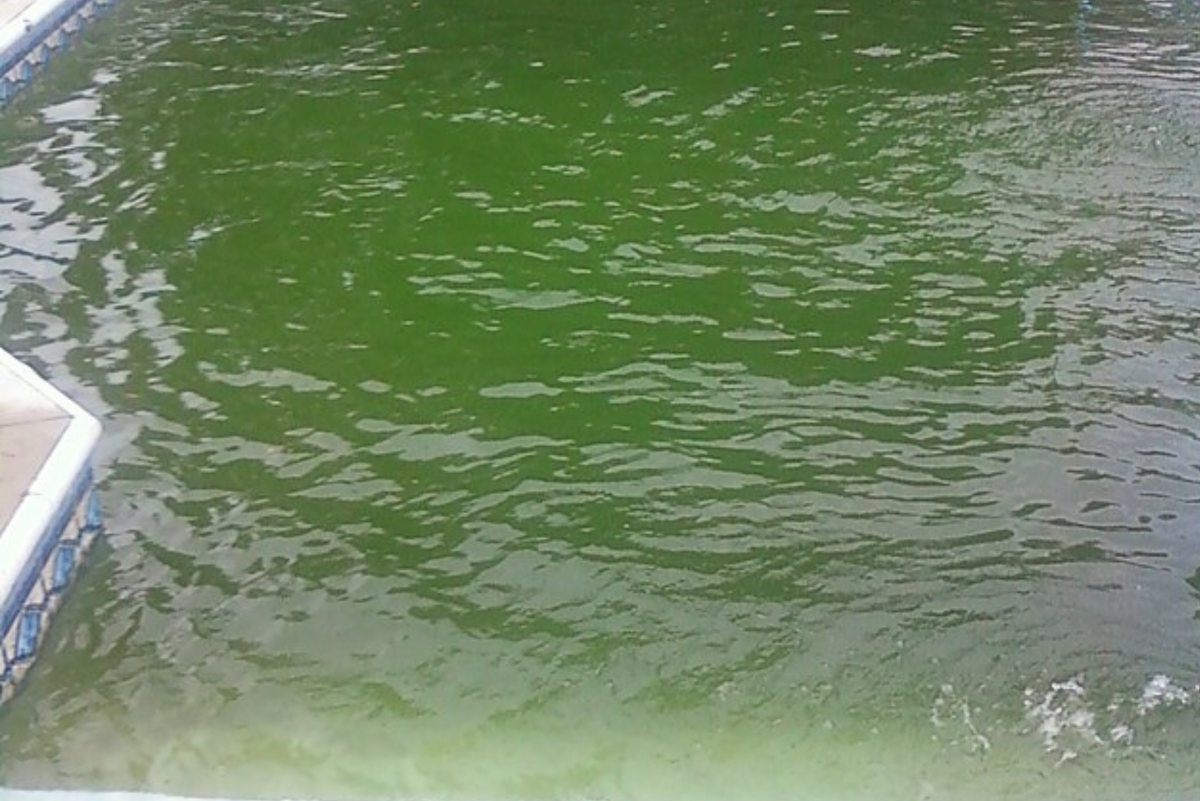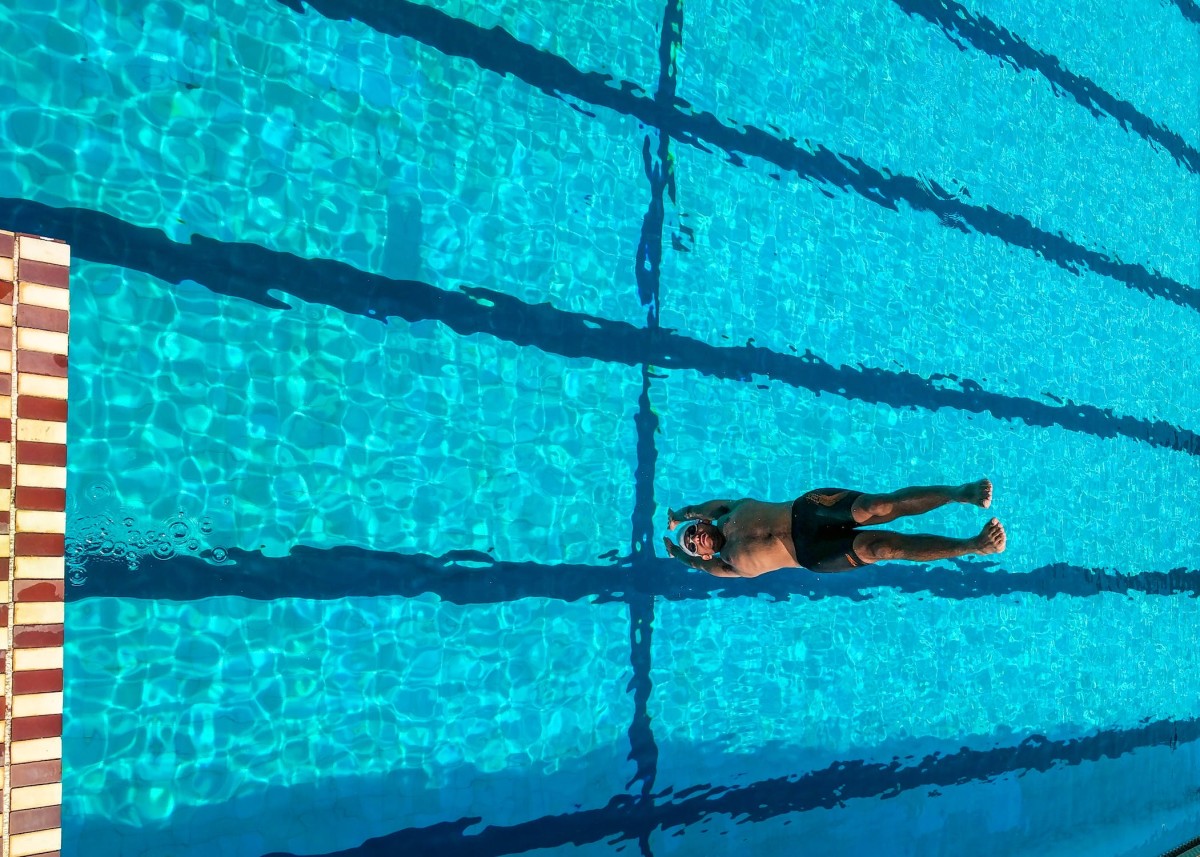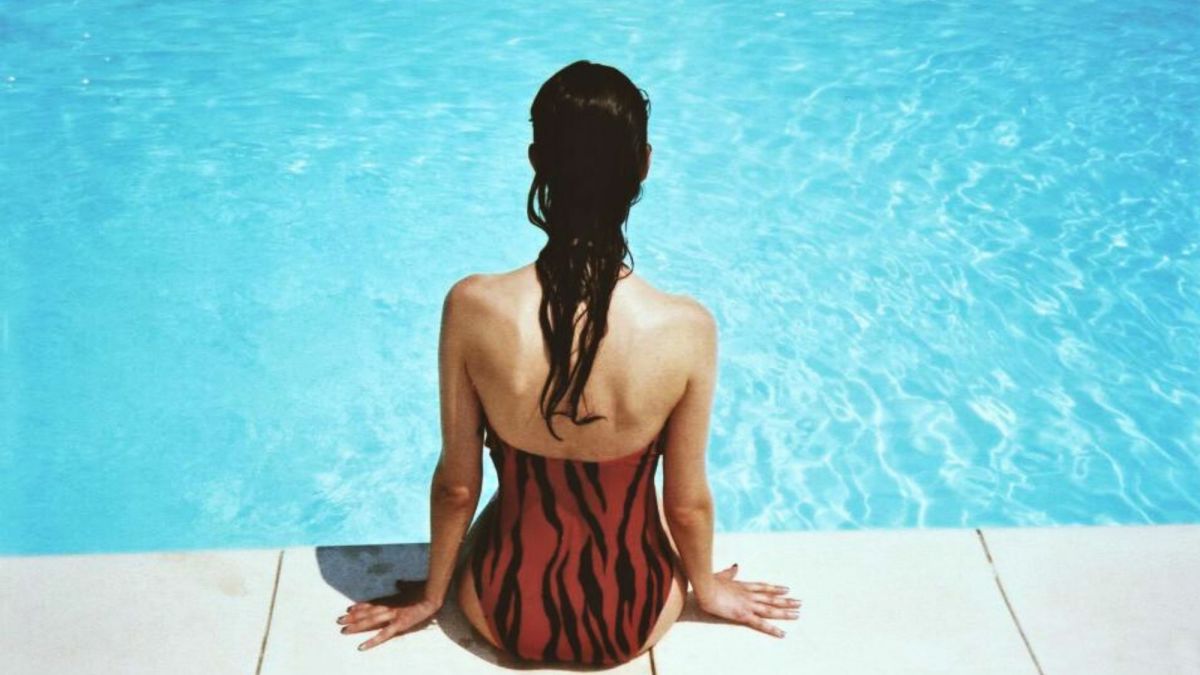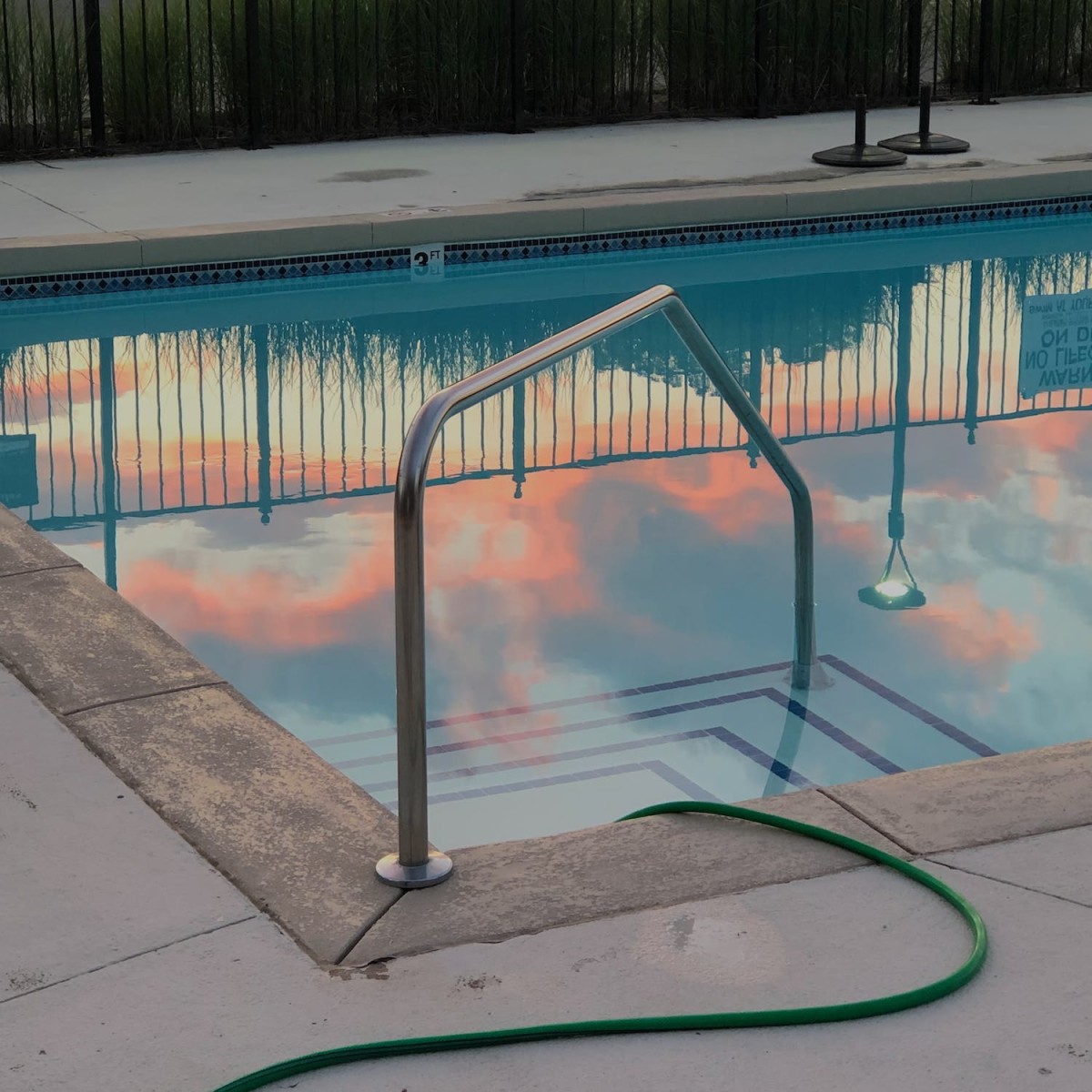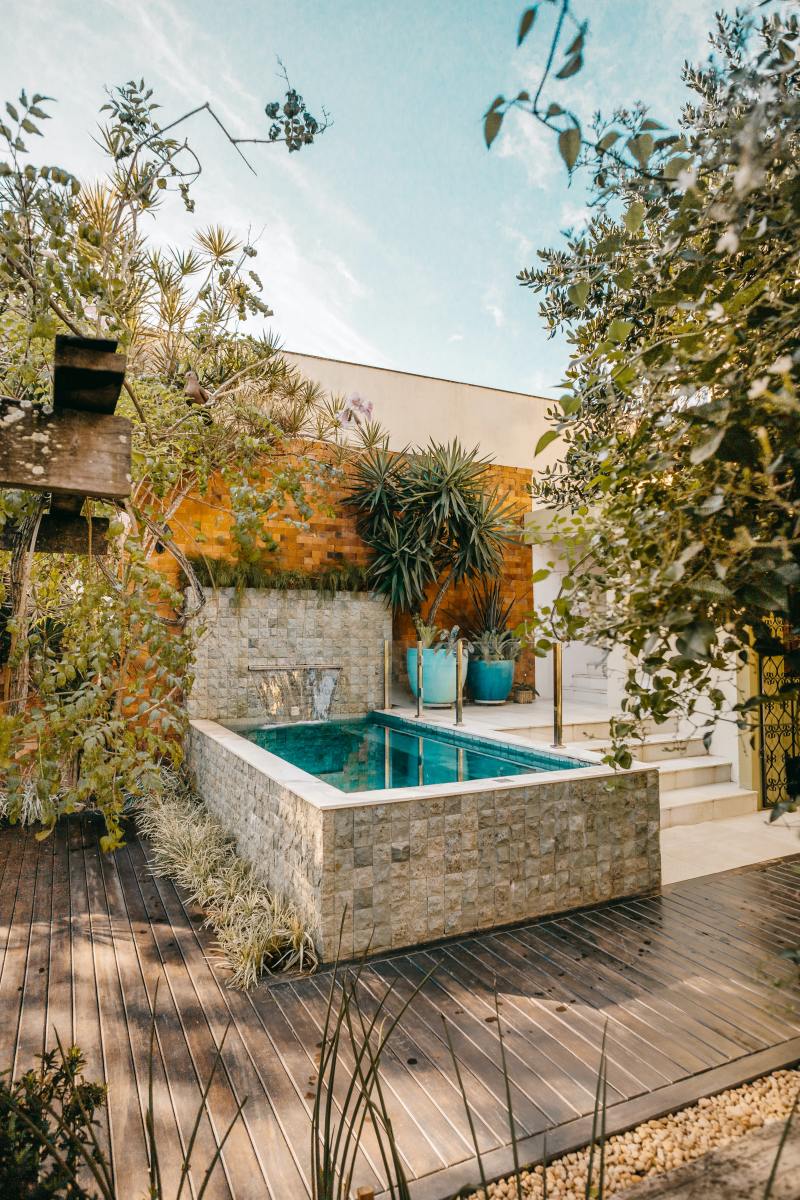Getting Your Pool Through the Winter
It will soon be time to think about closing your outdoor pool, depending on what climate you live in. The steps you take in closing your pool are important to being able to take those refreshing dips as early as possible next spring and summer! Here's a list of tips on how to prepare your pool for the winter months.
Don't drain your pool unless you have a pool that specifically requires it. This can be bad for the surface of your pool to sit empty during the winter months and cause the pool to be seated incorrectly in the ground when it freezes. Reduce the water to the freeze level indicated by the pool design, usually about 6 inches below the inlets.
Skim the pool with a skimmer, or a pool vacuum to remove debris, such as leaves or insects. Clean the skimmer or vacuum when finished then store them away. Clean the pool walls and floor with a pool brush. Run the pool filter when finished. While it runs, clean and store all of your other pool accessories.
Be sure to clean your filtration system. This process will depend on the type you have. Cartridge filters should have their filter replaced, although some filters can be cleaned several times before replacement. If you have a D.E. filter, don't acid wash it - wait until spring, and run pool water through the filter to clean it. Clean a sand filter by backwashing.
You will need to check various levels of chemicals in your pool water using a pool test kit and following the manufacturer's instructions. The levels you will be testing for are pH, water hardness (calcium), alkalinity, stabilizer and chlorine. Be sure to wear goggles and gloves before working with chemicals! After adding the appropriate chemicals to your pool water, wait an hour or more before retesting to allow them to cycle through the water completely. Also, adding algaecide can help prevent algae growth.
Completely drain all external lines to the pool and add pool antifreeze to prevent them from cracking. Shut off the filter pump and make sure all water is completely drained from the pipes. Install freeze plugs in any exposed openings with freeze plugs. Put a flotation device in the center of the pool and cover with a high quality winter cover designed for your pool. Be sure throughout the winter to check chemical levels in the pool, run the pool heater (if you have one) when the weather becomes too icy, and clear the pool cover of debris such as leaves and snow. Now your pool should be properly winterized, but if you have questions or run into difficulties during the winter, you can contact a qualified plumber in your area to assist you with questions or issues that arise.
In warmer areas, you may not need to close your pool. Instead, test and adjust the pool water on a schedule. If the water temperature is 55-70°F, test and adjust once a week. If it is 40-55°F, adjust only once a month. If it does freeze in your area, run the pool heater several hours a day to keep water from freezing. If you don't have a pool heater, running the filter system to circulate water may help prevent freezing.


